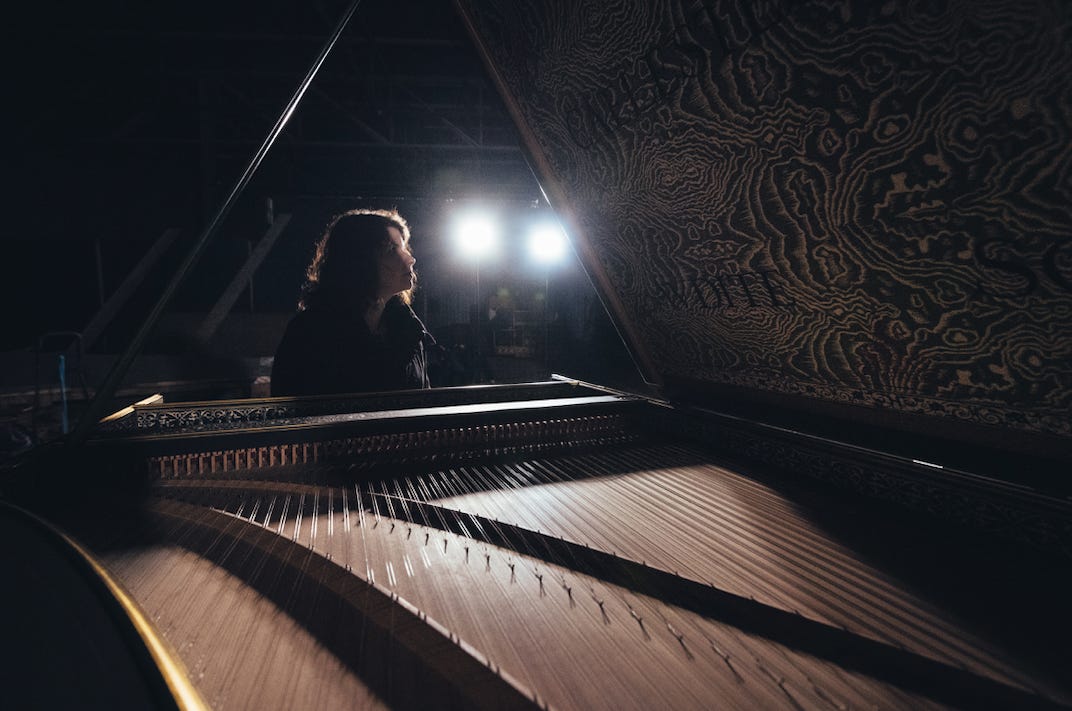Prometheus Now review: When the going gets tough, the experimental get weirder
In an abandoned warehouse, Gaitkrash tell the myth of the Greek god and the origin story of art. Photo: Jed Niezgoda
Cork Midsummer Festival
★ ★
The experimental outfit Gaitkrash – founded by Bernadette Cronin, Regina Crowley and Mick O’Shea – has always occupied a rarefied zone. An edgy installation built around Samuel Beckett’s absurdist Play in the National Sculpture Factory was followed years later by a staging of that same playwright’s Not I in the Crawford Art Gallery, which also became the host of 2018’s ingenious art-dealing drama England: A Play Written for a Gallery. It is increasingly more likely you’ll find them in a visual art venue than a theatre auditorium.
True to form, at a time when most theatre productions had to get creative and explore hybrid models to stream and transmit, Gaitkrash have one-upped again. Prometheus Now, their streamed play based on the myth about the Greek god, is so left-field in some of its displays, so unconcerned about pace, you’d sooner expect to see it appear on a gallery wall than receive an in-person staging.
From a glossy opening shot of what appears to be the ribbed interior of a shipping container, red with ember-like fluorescence, the camera moves deep into the dark, grey recesses of a warehouse on the Cork marina. A welding torch hisses somewhere in the background and Prometheus appears as a shadow, projected against the ceiling beams. “I gave them fire,” he says.
Famously, Prometheus is credited with stealing fire from the gods and gifting it to humanity as the source of creativity. Gaitkrash allow their telling to get derailed by their own invention. It’s difficult to know how to take, for instance, the details of the god’s capture by Zeus against the random footage of architecture in Harry Moore’s film editing and the desolate, overcomposed improvisations of Gabriela Mayer’s piano. There seems to be a disconnect between narrative and image.
Throughout a lot of Prometheus Now, the overwrought flourishes of video, music and design refuse to let the mist of their connection to the material lift. Only in the latter half do more cogent structures appear, like the embrace of Romantic compositions, and the eventual arrival of humans into this barren, industrial landscape.
The play fares less well in its own Promethean trials in creation, experimenting with different artforms, than it does in presenting a myth that functions as the origin story of art itself. The careful arrangements of silent druid-like figures multiplying in their number, huddled over incandescent candles, resemble scenes from a folktale. As the play accumulates to Mayer’s fetching performance of “Spring Night” - a virtuosic classic by Franz Liszt, intense and bright - Gaitkrash complete the story of Prometheus. This is the fire he gave.
Run ended.




